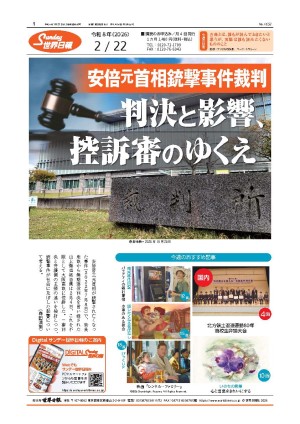アリゾナ州最高裁、同性結婚式めぐる争いで企業の訴え認める判決 Arizona Supreme Court rules in favor of business in same-sex wedding dispute
アリゾナ州最高裁は16日、州が2人のアーティストに同性結婚式の特注招待状の制作を強制することはできないとの判決を下した。強制は2人の憲法上の権利に反するとの見解を示した。
同州最高裁は4対3で下した判決で、特注結婚式招待状を制作するブラッシュ・アンド・NIBスタジオのオーナー、ブレアンナ・コスキさんとジョアンナ・デューカさんは、性的指向に基づく差別を禁じたフェニックス市の条例の対象にはならない、と主張した。
...【全文を読む】







